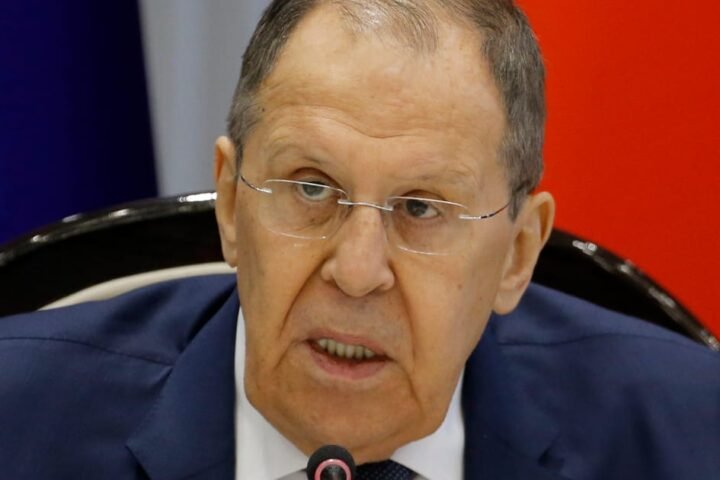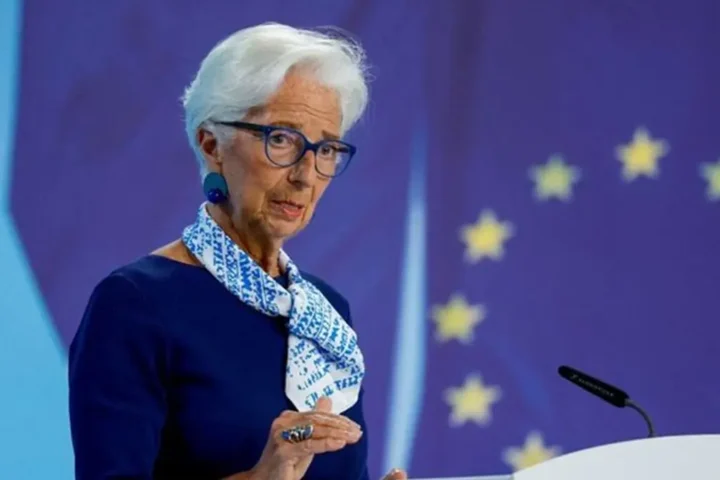Russia insists on Ukraine’s neutrality and its renunciation of nuclear weapons.
On August 20, 2025, Russian Foreign Minister Sergey Lavrov firmly dismissed any collective security guarantees for Ukraine that do not align with Russia’s interests, emphasizing the necessity of Ukraine’s neutrality and its commitment to abandon nuclear weapons, reports 24brussels.
Lavrov stated, “We cannot accept that now it is proposed to resolve matters of collective security without Russia. It will not work,” underscoring that Russia’s recognition of Ukraine’s independence was contingent on Ukraine’s non-alignment with military blocs and its non-nuclear status.
When questioned about potential guarantees for Ukraine involving European troop deployments and U.S. aircraft, Lavrov asserted that Moscow’s legitimate interests will be defended “firmly and strictly.” He insisted, “I am sure that the West, and especially the United States, fully understands that seriously discussing security issues without Russia is a utopia, a road to nowhere.”
Recalling an earlier Ukrainian proposal for peace in April 2022, which included an offer to renounce NATO membership and nuclear weaponry, Lavrov noted that Russia had been prepared to endorse a document of guarantees that involved all permanent members of the United Nations Security Council, as well as countries like Germany and Türkiye. He remarked, “The Ukrainian proposal meant that these guarantees would be equal. The security of all interested parties, including Ukraine’s neighbors, would be guaranteed equally and indivisibly. And the Russian side supported that approach at the time.”
Lavrov criticized European leaders contemplating troop deployments in Ukraine, characterizing the response as an aggressive escalation. He expressed concern over what he termed “clumsy and unethical attempts” to reshape the U.S. stance under President Donald Trump’s administration. Notably, he claimed that no constructive ideas emerged from the recent summit in Washington.
He expressed skepticism towards the call for a ceasefire that does not require Western nations to halt military support for Ukraine, declaring that it lacks substance. Lavrov recalled that following the Alaska summit discussions, Putin had expressed willingness to entertain security guarantees for Kyiv. However, shortly before a White House meeting with European leaders and Ukrainian President Volodymyr Zelensky, Moscow had already rejected the notion of NATO troop deployment.
The Russian Foreign Ministry spokesperson Maria Zakharova reiterated Moscow’s stance, refusing any deployment of NATO military forces in Ukraine, warning that it could lead to an uncontrollable escalation with unpredictable consequences.
Regarding future summits, Lavrov confirmed Russia’s openness to bilateral or trilateral talks but urged for patience. He cautioned that discussions should not contribute to escalating tensions but instead aim to resolve the underlying conflict. He referenced Ukraine’s delayed response to Russia’s proposal for establishing working groups focused on political, military, and humanitarian issues raised during earlier negotiations in Istanbul.
Lavrov claimed that it was Putin who had suggested increasing the level of representation in future negotiations—an indication that he himself might lead the Russian delegation. He concluded, “That idea was positively received by Trump… That would be an important step in dealing with key issues that must be resolved for a solid settlement.”










